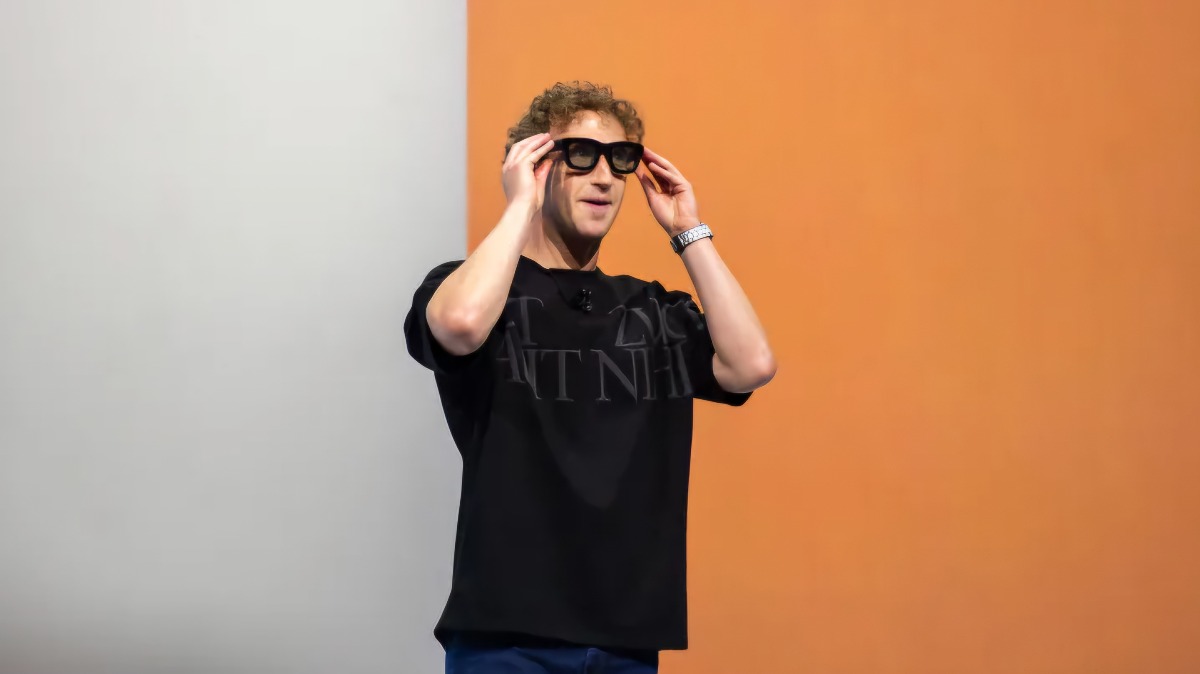Several major Canadian news organizations have filed a lawsuit against OpenAI, the company behind ChatGPT, claiming the AI company used their articles without permission or payment.
The legal action involves prominent media outlets like the National Post, Toronto Star, The Globe and Mail, The Canadian Press, and CBC/Radio-Canada.
The media companies are seeking substantial damages and want to prevent OpenAI from using their journalism to train AI models. They are demanding up to C$20,000 for each article used, which could potentially result in billions of dollars in compensation if their lawsuit succeeds.
OpenAI has responded by stating they collaborate with news publishers and offer ways for them to opt out of content usage. The company has typically defended its practices by citing “fair use” provisions that allow limited use of copyrighted material.
This lawsuit is part of a broader trend of legal challenges faced by AI companies. Similar actions have been taken by media groups in the United States, including the New York Times and other publications. While some media organizations have chosen to sue, others have negotiated licensing deals with OpenAI.
The legal battle highlights the growing tension between traditional media companies and artificial intelligence technologies, raising important questions about intellectual property and content usage in the digital age.










